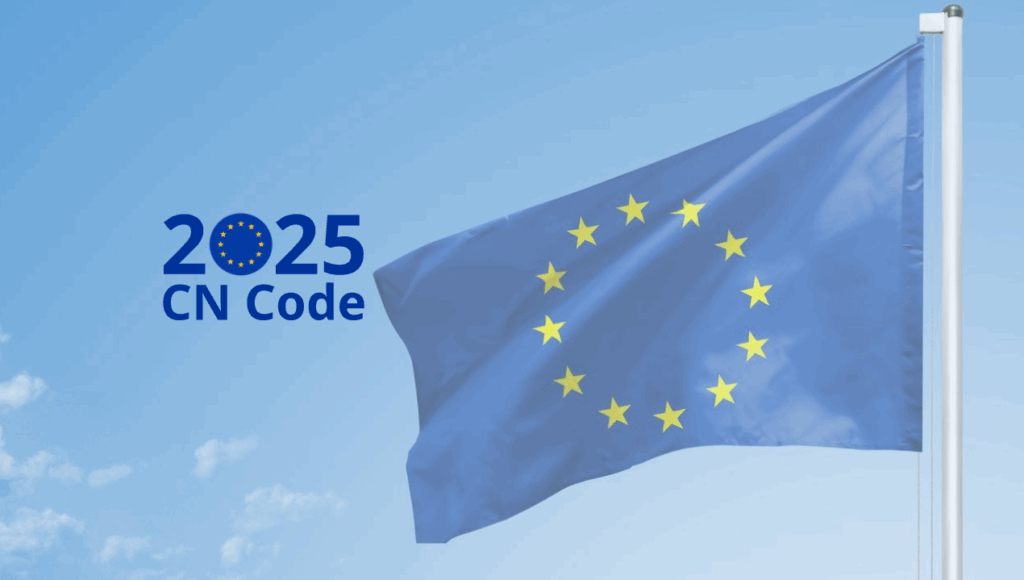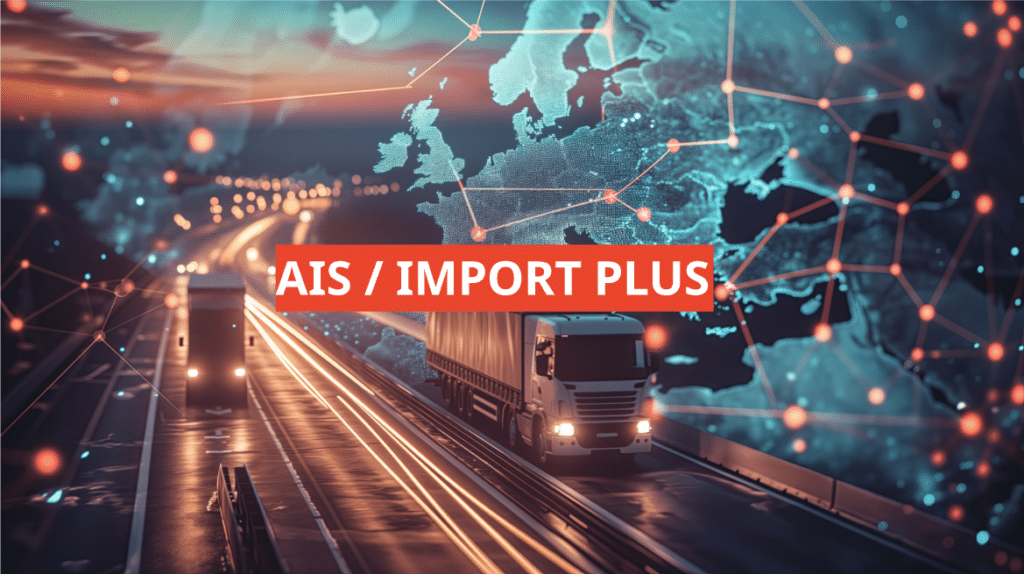Germany is one of the largest importers of products from the USA in Europe and the two countries are very well connected. But of course, companies that want to import goods from the U.S. into Germany have to follow certain regulations to be on the safe side legally.
Customs regulations in Germany
As in other EU countries, importers in Germany must present a number of documents before allowing foreign goods into the country. These include the commercial invoice, the packing list, the certificate of origin, the waybill for sea freight or the air waybill for air freight.
In addition, it is necessary to register for an EORI number. Only companies with such a number are authorized to import or export goods within and outside the EU. If you are importing goods from the USA to Germany, you should also consider the following aspects:
- Note any restrictions in relation to certain goods
- Apply for an export license if required
- Take into account the applicable customs regulations: Imported goods from the USA and non-EU countries must be declared. The amount of customs duties is regulated in the Customs Ordinance § 29.
- Know all the important requirements regarding the payment of taxes. The contact for this is the General Customs Service. As long as the customs duties and sales tax due on the imported goods are not paid, Customs will retain the goods.
- Disclose the freight price. If this is not apparent, the value of the imported goods is estimated to determine the customs duties.
- Provide transparent information about the payment of freight costs. The key here is who pays the freight charges. If the shipper from the U.S. pays them, it is important that they are listed as line items on the invoice. Otherwise, the importer may be billed twice for the import duty.
Although there are not many restrictions on importing into Germany, some products are subject to additional regulations. These include pharmaceuticals, chemicals, steel and iron products, clothing and textiles, and vegetables and fruits. More detailed information on these and other products can be found in the TARIC database.
In mid-2021, the EU abolished the threshold at which e-commerce transactions in the EU are subject to EU VAT and a customs declaration. This means that all imports to EU countries – regardless of the value of the goods – are now subject to VAT.
An electronic import one-stop-shop portal has been introduced through which non-EU businesses can register for EU VAT and the correct amount of VAT will be paid to the Member State to which it is due. This simplifies the process by allowing you to collect, declare and account for VAT and pay your invoice directly to the EU tax authorities via a periodic tax return (for goods up to a value of €150).
For your customers, this means more price transparency: when they buy from a non-EU seller registered in the One Stop Shop, the VAT is part of the price they pay to the seller.
However, the best tip is: Find a reliable and competent customs service provider like Gerlach. We will take care of all customs-related matters for you and ensure that everything runs smoothly, while you can concentrate on your core business!
Export to Europe – why?
Over 748 million people call Europe home. The continent’s 47 countries have a wide range of socioeconomic demographics, but there is one commonality that should be of interest to ambitious online entrepreneurs: the rapid growth of e-commerce.
Driven by rising Internet penetration – and the pandemic, of course – 2021 was a milestone year for e-commerce in Europe, as the number of online shoppers passed the 500 million mark for the first time. And now the part that should really interest you: Cross-border e-commerce in Europe has grown to more than 25% of the region’s total online sales, as consumers increasingly look to foreign brands in search of new products and better prices.
In 2016, the Transatlantic Trade and Investment Partnership (TTIP), a proposed comprehensive trade agreement between the European Union (EU) and the United States to promote trade and economic growth, ended without an agreement. Nevertheless, the U.S. and the EU remain solid trading partners, accounting for one-third of global trade.
However, before you rush to draw a big circle around Europe on your map of sales targets, there are a few important things to keep in mind.
Choose the right markets for your business
The largest e-commerce markets in Europe are the United Kingdom, France, and especially Germany. Consumers in these markets are used to shopping online and feel comfortable buying from sellers abroad.
Perhaps you are already receiving inquiries from potential customers abroad. Look at your web analytics – is there traffic from new markets you haven’t tapped into yet?
Research your target country thoroughly. Is the demand for your products high enough to make shipping there a worthwhile investment? If there is already a lot of competition from domestic suppliers, how can you align your business to stand out from the competition?
Look at which European markets your U.S. competitors are selling to – because if they’re shipping to a particular country, there must be a healthy customer base there.
A good strategy for your European expansion is to focus on a few select markets first, like Germany. Then you can focus on the markets with the best visible results and expand there. But please note: Depending on your business model, you also need to consider tax aspects. For example, tax registration may be required in the respective country. It is best to seek comprehensive advice from competent experts with many years of customs experience.
Whatever your business, contact Gerlach Customs today! We help you reach new international markets with minimal effort and maximum profit.













